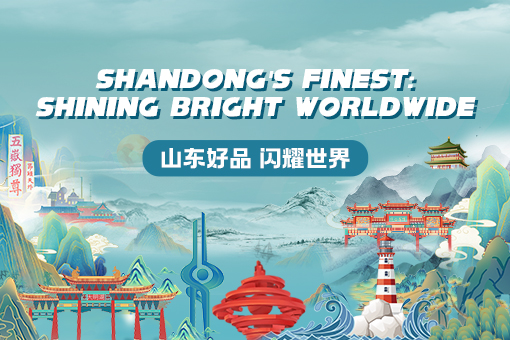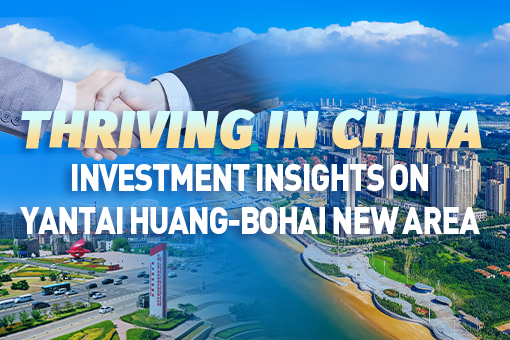Tech focus to boost marine sector
By WANG JINHUI | Updated : 2024-11-27
Print PrintThe coastal city Qingdao is building a highland for the modern marine economy based on its sci-tech innovation and solid industrial foundation, local officials said.
At a recent conference on high-quality development of the marine economy, Zeng Zanrong, Party secretary of Qingdao, said that the city has superior natural marine resources, leading scientific research capabilities, a strong industrial base, and transport hubs.
"The ocean is Qingdao's most prominent feature and advantage," he said.
Zeng emphasized that it is essential to promote the integration of marine sci-tech with industrial innovation, build vital platforms, enhance the role of enterprises, deepen industry-university-research collaborations, introduce talents, and continuously boost the driving force for high-quality development of the marine economy. At the same time, the city should adhere to the direction of high-end, intelligent, green, and cluster growth.
Qingdao has recently introduced an action plan for accelerating the construction of an international marine sci-tech innovation center, based on the Haichuang Plan issued in 2021.
Referred to as Haichuang Plan 2.0, it supports the construction of a modernized marine industry system that is intelligent, green, open and secure, helping Qingdao to lead China's marine technology self-reliance.
Li Tianchuan, director of the Qingdao bureau of science and technology, said the new plan aims to add more than 10 new innovation platforms, crack more than 100 marine technologies, attract 200 top talents, and introduce more than 1,000 high-tech enterprises in the next three years.
He noted that the new Haichuang Plan — leveraging the advantages of marine research, resource endowment and industrial foundation — highlights areas such as marine information, ships and marine equipment, intelligent maritime transportation, marine bioproducts, modern fisheries, seawater desalination and marine energy, as well as the future internet of things marine industries and deep-sea development.
Haichuang Plan 2.0 covers six major projects and 18 key tasks. Specifically, it proposes to build high-end marine platforms with a four-tier laboratory system, infrastructure layout, science satellites, ecosystem simulation facilities, and supercomputing equipment.
In terms of international cooperation, the plan states that Qingdao should participate in scientific programs, meetings, forums, establish global and regional dialogue mechanisms, and help build a community of shared future for the ocean.
It also underscores the need to cultivate a group of top talents in the marine field. Data show that Qingdao has a total of approximately 1.03 million marine workers and nearly 400,000 marine talents, accounting for around 15 percent of the city's talent pool. The total number of academicians from the Chinese Academy of Sciences and the Chinese Academy of Engineering related to marine affairs living in Qingdao is 23, ranking first in the country.
In the first three quarters of this year, the city's total marine production value reached 402.65 billion yuan ($55.62 billion), a year-on-year increase of 7.9 percent.
To date, Qingdao has gathered 30 percent of the country's high-end marine talents, 40 percent of high-end marine-related institutions, and 50 percent of core technologies in the sector, all ranking first in China. It is home to 143 provincial and ministerial-level marine innovation platforms, including one national-level laboratory, four national key laboratories, and 16 provincial laboratories.

 Xi's Moments
Xi's Moments  Shandong: A treasure trove of high-quality products
Shandong: A treasure trove of high-quality products  Thriving in China: Investment insights on Yantai Huang-Bohai New Area
Thriving in China: Investment insights on Yantai Huang-Bohai New Area